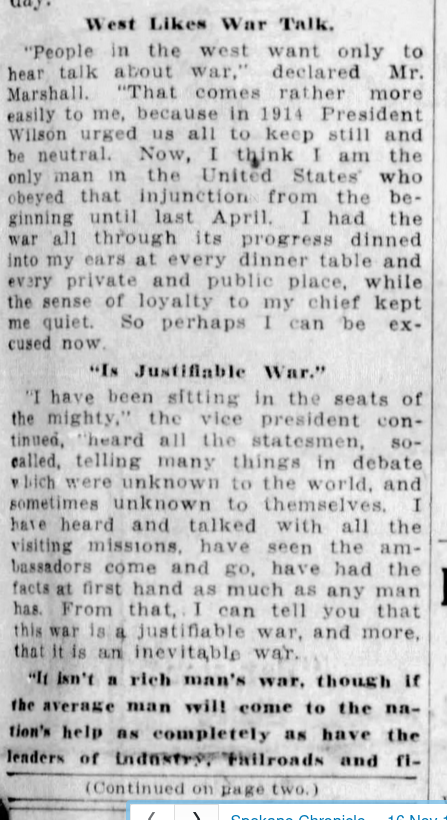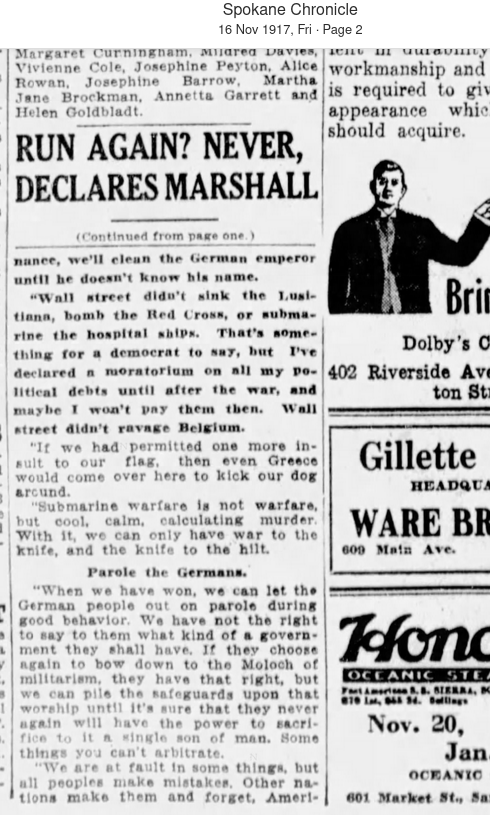What does Germany do with the 3 field armies not needed to conduct such a defence, that IOTL were used in the offensive through Belgium? IOTL 1 field army of 11 divisions, reinforced by 4 defeated 2 Russian field armies of almost 50 divisions, and 2 field armies defeated 3 French field armies in the west on the defensive. Even adding a spare army to each front leaves 3 armies 'spare', but Germany needs 8 field armies because France has 5 and Russia has 8 up to mid 1914 when they went to 10.
Well, for starters, since they are fighting entente forces on German soil a strong reserve is likely appreciated to ensure that an unexpected breakthrough could be quickly responded to. And since the plan is not wholly defensive but involves large counterattacks and encirclements possibly followed by offensive action more armies would likely not go wanting Additionally, as you mention, if Britain is in and the North Sea is a concern, forces would need to be posted there. Support for German allies would also be a good use for more forces. If German aid can wrap up Serbia more quickly or help defend the Austrian frontier against Russia, those are men well used. And finally, if the plan requires less force, the Germans can afford to have a smaller army which improves the situation on the home front slightly.
How does that strategy deal with Britain? That strategy applies to France and Russia, but Britain adds a field army of 7 divisions immediately (rising to 10 by October) to the mix that can be deployed flexibly. IOTL Germany had the 'Northern Army' mobilised on the German North Sea coast, and moved its main units to the siege of Antwerp when it became clear the British wouldn't land in Germany itself. The OTL offensive fought Britain from the outset and ensured its non-French left flank activities were limited to what the RM and RN Division could do; which wasn't much.
Britain may well not be in the war in this scenario. Or at least the Germans can hope they would not be. If they are, they are either likely to aim for the North Sea/Baltic, or be attacking alongside the French. Either way, the plan is still to bring enemies to the table through defeat of forces invading Germany.
think an encirclement would be like a halt day, troops wouldn't be marching hard and the logistics would have some time to catch up, so when they resumed their advance they might at least be strong and well supplied enough by September 5 to defend their position on the Marne.
Partially, perhaps. The major differences are that the troops involved would have to be active trying to reduce the pocket and would therefore be actively using their supplies. And with Charleroi in French hands there is a similar situation to Namur, where the main rail line is in French hands with Germans operating on the far side. As a matter of fact, for a very brief time both Charleroi and Namur would have to be surrounded since Namur didn’t surrender until the 24th. So, yes, to a degree logistics trains would be able to catch up they would be limited first by Namur, then by clearing their way through Namur, then by the Charleroi pocket itself.
BTW this is why WW1 is so much more interesting than WW2. All the troop movements in the world won't stop the A bomb being used, making WW2 strategically uninteresting.
Personally I have to disagree. On two counts actually. First, I find it very interesting to examine the reasons things happened the way they did and what can be changed even if, sometime especially if, it does not actually change who won.
Secondly, as my initial post on this thread shows, I am unconvinced that any amount of troop movements can change the end result of WW1. The more I study them the more parallels I find between the situation of Germany in 1900-1918 and that of Japan in 1930-1945. Though the mismatch between Japan and the US and Commonwealth may be larger than that between Germany and its opponents, but not, IMO, enough to alter the most likely end result.

